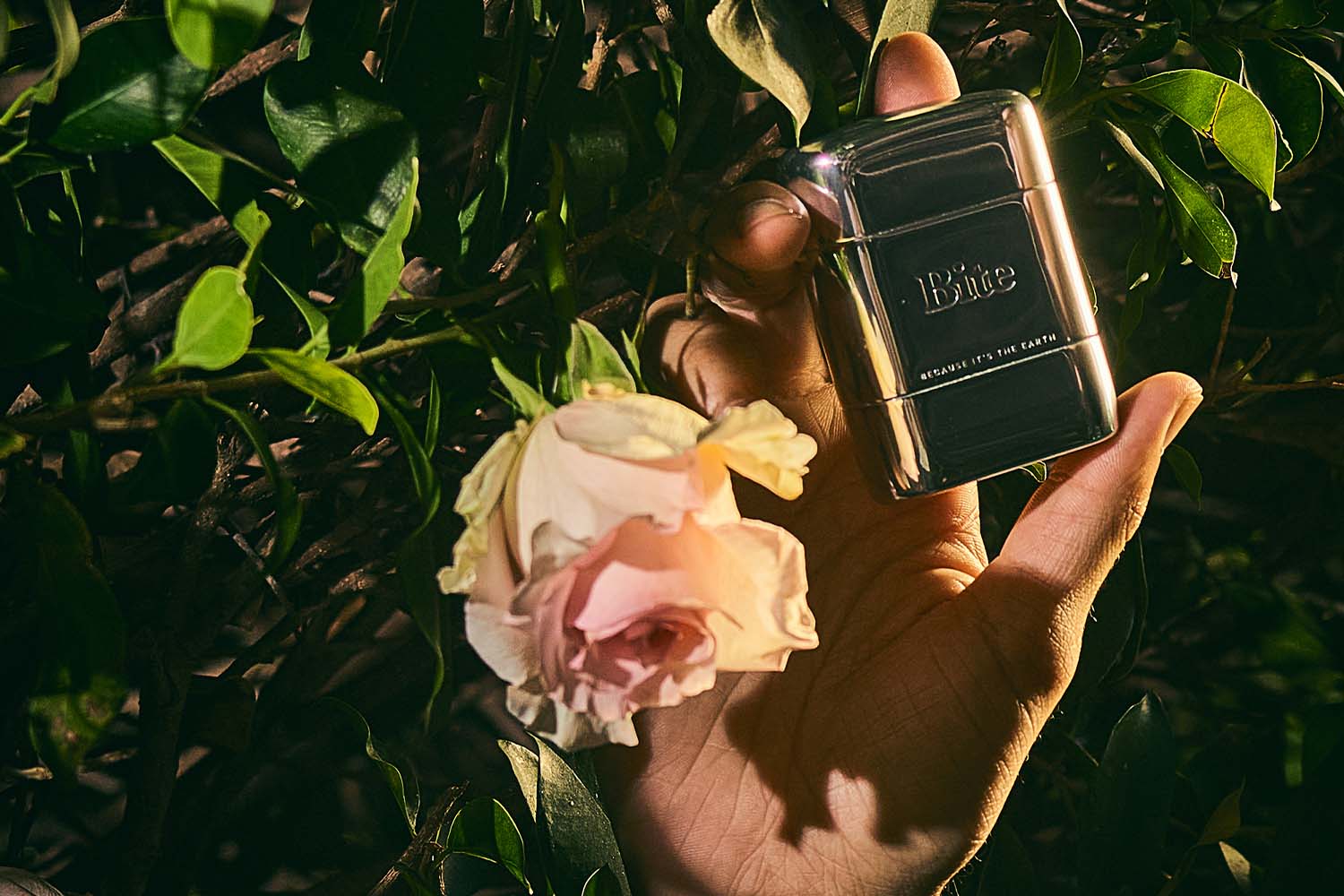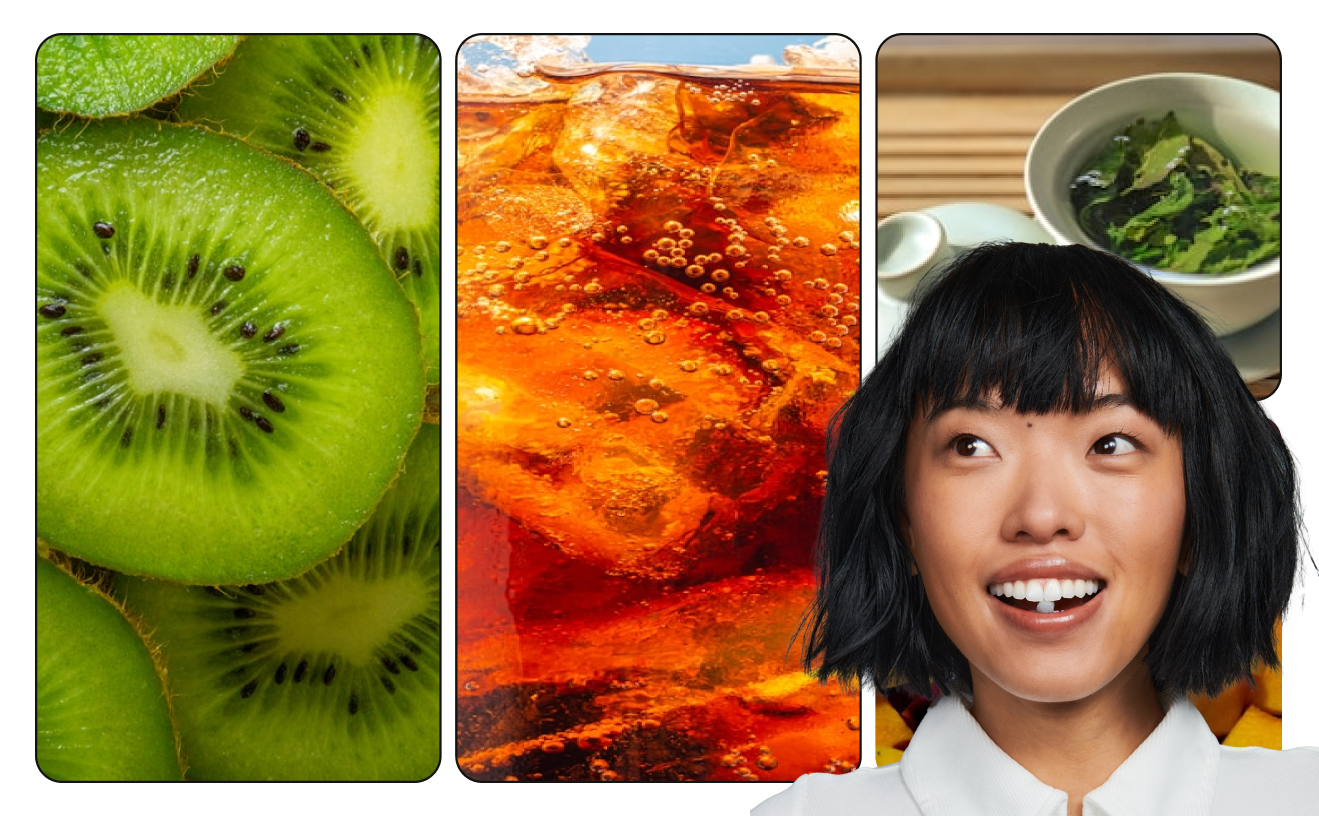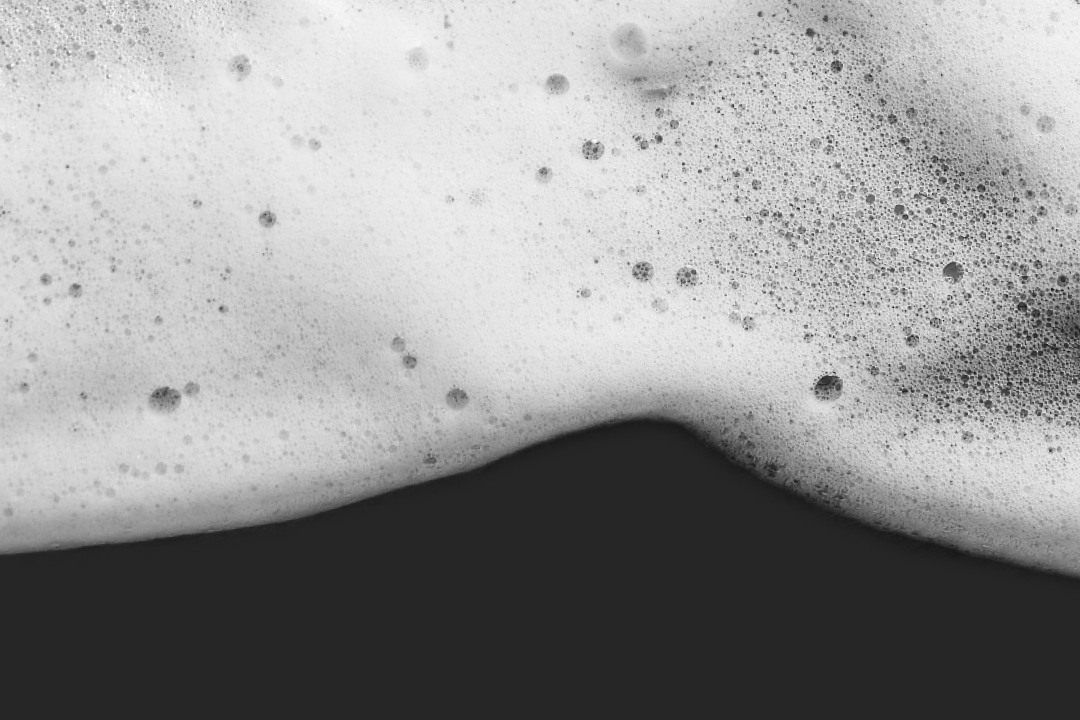Positive Impact on the Environment: Things To Know
You’ve probably heard a lot about how humans can negatively impact the planet through pollution, fossil fuel burning, and waste. However, not everything we do to the globe needs to be detrimental, and there are plenty of positive changes we can make to reverse some of the damage.
Let’s look at some of the positive changes you can make in your daily life to have a more positive interaction with the world around you.
Is It Possible for Humans To Positively Impact the Planet?
As we all know — humans have caused a lot of damage to the planet. From deforestation to littering, we’ve been the source of a lot of trouble for a while now. However, we can turn the tides.
Let’s get one thing straight — we cannot stop global warming overnight.
However, the steps we take now can slow the rate of climate change by reducing human emissions. This can have a domino effect of positive changes. That said, it requires the efforts of all of us together — here are some of the simplest and most effective ways to impact the planet in a beneficial way.
What Can I Do To Positively Impact the Environment?
Understanding that the planet is in danger if we don’t make changes can be a scary thought, but know that you can do your part without changing much of your daily schedule.
Recycle When You Can
Recycling is one of the easiest and most efficient ways to give back to the planet. The recycling rate in the U.S. has increased from less than 7% in 1960 to the current rate of over 30%. And while that’s still not perfect, it shows that this is an area that is easily accessible in terms of saving the Earth.
Recycling has a vast amount of benefits, including reducing the amount of waste sent to landfills, conserving natural resources like timber and water, increasing economic security, and preventing pollution (a quadruple win!)
Plus, it’s super easy, and access to recycling bins is much more prominent now than it used to be.
It’s one thing to recycle, but it’s another to recycle correctly. Be sure to check with your local recycling provider to be certain that they accept everything you put into your recycling bin. Common recyclables include paper, food boxes, mail, paper, glass bottles, plastic jars, plastic bottles and caps, and milk jugs.
Start a Garden
Gardening is a lot more than just a fun pastime that brings you some fresh, delicious vegetables. It’s also a great way to give back and start protecting the environment. This is because plants are essentially natural air purifiers for the environment.
Plants absorb carbon dioxide and many other air pollutants while also releasing clean oxygen. This same reason is why deforestation is so detrimental – as trees act as natural purifiers that help make the air we breathe more crisp, healthy, and clean.
Reduce Your Water Usage
Reducing your water usage is a lot easier said than done, but making just tiny changes can have extremely positive effects in the long term.
It’s estimated that the average American uses over 82 gallons of water a day. That’s about 800 pounds of water just in a single 24-hour period (we know, yikes).
You can cut back on your water usage by taking shorter showers, opting to hand wash dishes rather than use the dishwasher, or collecting rainwater outside to use for watering indoor plants.
Plant a Tree
Planting a tree is an easy task to help liven up any backyard. But like planting a garden, this simple act can have tons of benefits for the environment. Trees are also known as the lungs of the Earth because they can help absorb pollutants from the air through their leaves. By adding trees to the ecosystem, you’re doing amazing work to subtract pollutants.
Eat Less Meat
Adopting a vegan lifestyle is one of the most environmentally friendly things you can do as a consumer. The meat and dairy industries are some of the most significant contributors to greenhouse gas emissions.
Not only do the factories that process meat use tons of crude oil and natural gasses to function, but cows themselves emit a large amount of methane into the atmosphere. In fact, global livestock is responsible for emitting 7.1 gigatonnes of CO2 per year – 14.5% of all greenhouse gas emissions in the country.
Adopting a vegan lifestyle is easier said than done, but even taking small steps towards eating less meat can make a big difference. Meatless Mondays, substituting chicken for tofu, or choosing smaller portion sizes are all easy alterations that can go a long way.
Donate Items You No Longer Use
If you have a bunch of old clothes that don’t fit or some furniture that clashes with your new pillows, you can do a lot of good for the planet by choosing to donate rather than throw them away. When you toss many of these items, they often end up in landfills or oceans.
When you donate or choose to purchase donated products, the fossil fuels and energy needed to create those products have already been used. This helps keep carbon levels down while also allowing others to use your secondhand products at a discounted rate. It’s a win-win for everyone!
Upcycle Old Clothing
If you don’t want to part ways with your blazer that’s just fitting a little too tight, you can upcycle instead. Upcycling is to take old, worn-out clothing and transform it into something even bigger and bolder than before.
You can refashion your products into a different type of clothing by cutting and sewing, but you can also use the raw materials for completely different things. An old t-shirt might work as a perfect dirty rag, and an old scarf might be great to use as a bandana or headband.
Use a Reusable Water Bottle
Plastic water bottles can last in landfills for up to 450 years. That means there is not a single plastic bottle on the planet that has gotten close to decomposing. With that in mind, you can do a great job of decreasing your carbon footprint by opting for a reusable water bottle instead.
Not only do these cut back on plastic waste, but many reusable bottles are super stylish and more durable. It’s another win-win! Also, the days of plastic tasting water can be far behind you.
Switch Your Oral Care Products
One billion plastic toothbrushes are thrown away each year, and those plastic toothbrushes end up in landfills or oceans. This can be detrimental to local marine life. So why not switch out your oral care products for something that’s entirely sustainable.
At Bite, we’re different – and that makes a difference. We happily avoid plastic in our oral care and hygiene products by using glass bottles, cutting back on packaging, and using reusable containers for our products.
Our Toothpaste Bits are 100% plastic-free and come in a reusable glass jar so that you can nix the plastic tube.
And when you need to ditch your old toothbrush, our Bamboo Toothbrush is 100% plant-based, and you can compost it right from home. It’s just another example of how we’re taking steps closer to our zero-waste initiative.
How Have Humans Contributed to Environmental Harm?
The reason we need to work a little bit harder to make a positive impact on the globe is that there are plenty of reasons why we’ve contributed to environmental harm. It’s important to understand our effects so that we can try to avoid these actions in the future.
Population Growth
The human population continues to grow rapidly, and since the 1970s, the Earth has been overpopulated every year.
This means that the Earth cannot generate enough resources for everyone on the planet. Not to mention, population growth increases the extraction of resources from the environment, contributing to heavy fossil fuel consumption.
Deforestation
Deforestation is the process of cutting down forested areas to make room for developments, businesses, or manufacturing. As we learned earlier, trees are a natural purifier for the air, so removing them can cause greenhouse gas emissions to rise substantially.
Pollution
From driving cars to operating factories, from throwing away trash to lighting up a grill – almost everything we do as humans contributes to pollution. Pollution in the atmosphere can melt away the ozone layer and prevent greenhouse gasses from dissipating. All of this contributes to a rise in global temperature, often referred to as global warming.
The Bottom Line
While humans can hurt the environment by wasting resources and contributing to greenhouse gasses, there are tons of positive changes that you can make daily to impact the planet in a beneficial way.
And one of the easiest steps you can take right now is as simple as changing the way you brush your teeth. Bite’s Toothpaste Bits are zero-waste and 100% plastic-free, which is a pretty stark contrast to the toothpaste tubes we all became so used to. Let us help you ditch the tube!
Check out our full catalog of zero waste products to make bite-sized progress to building your own plastic-free routine.
Sources:
News Article: Key facts and findings | FAO.
The lifecycle of plastics | WWF-Australia
Using Recycled Plastic for Toothbrushes | America's Plastic Makers.


